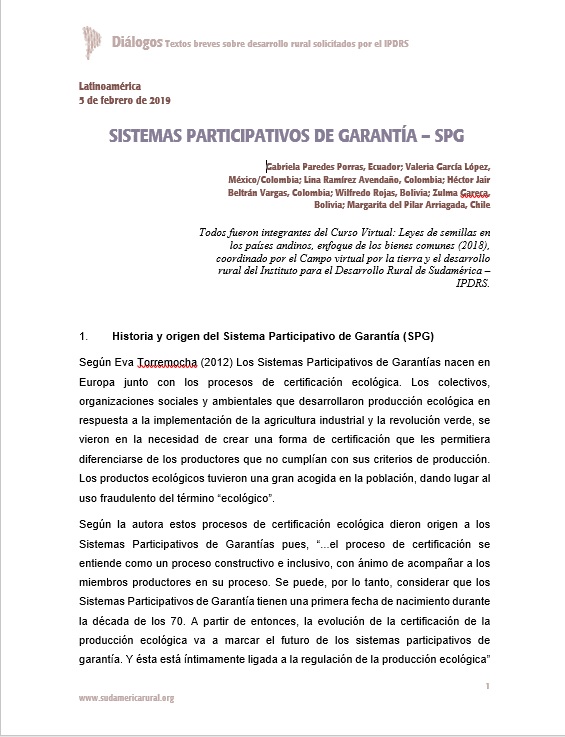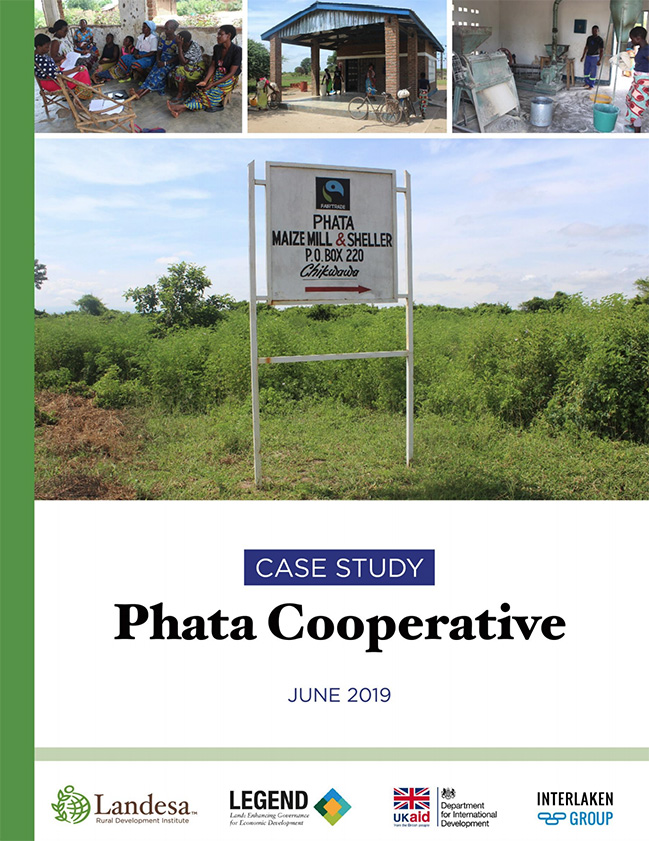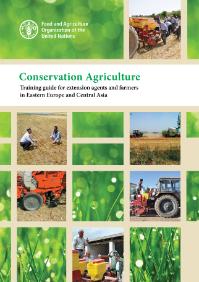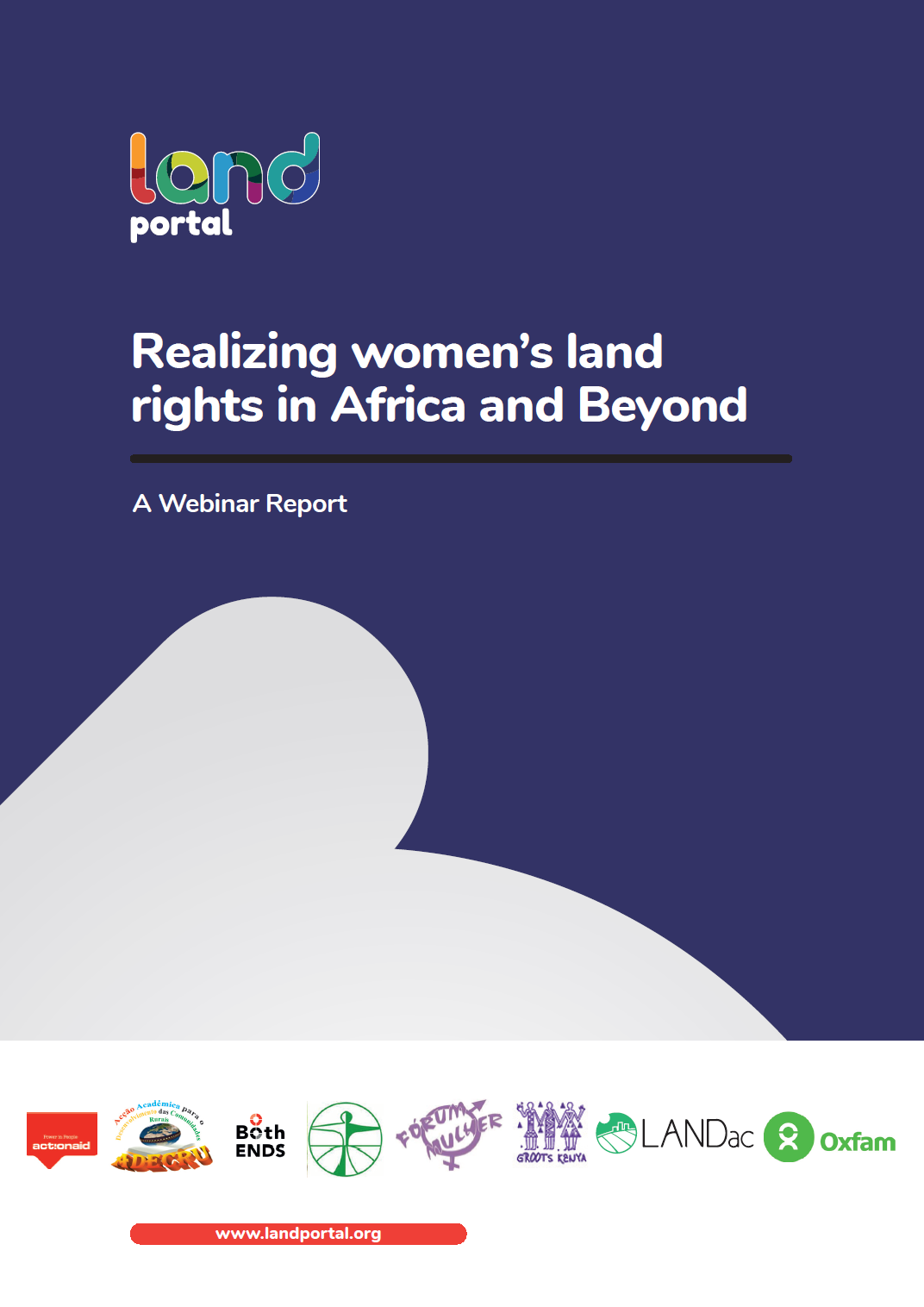Apes;crops and communities: land concessions and conservation in Cameroon
Argues that the role of the European Union in landgrabbing is manifold. EU actors are involved in the financing of large-scale land deals worldwide through forms of private finance;public finance and a combination of both. The EU’s position as an agricultural powerhouse is dependent on the huge import of agricultural commodities and inputs from the global South. Europe has a vast land import dependency with nearly 60% of the land used to meet Europe’s demand for agricultural and forestry products coming from outside its borders.








